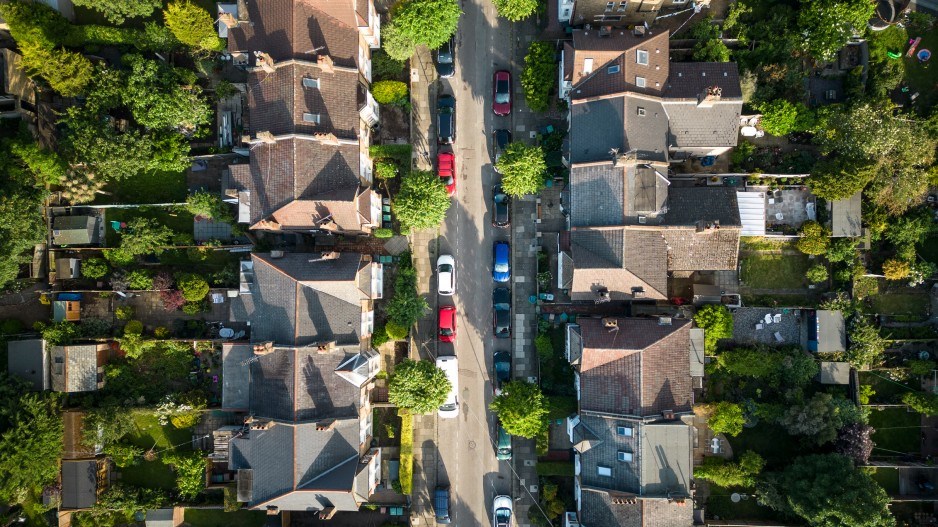The province’s speculation and vacancy tax raised $75.2 million in 2023, according to a Wednesday release from B.C.’s Ministry of Finance.
Of that amount, $14.5 million came from City of Vancouver properties, including properties owned by B.C. residents, foreign owners, “untaxed worldwide earners” and others who were subject to the tax.
The B.C. government said the majority of revenue came from non-B.C. residents.
“More than 99 per cent of property owners who live in B.C. remained exempt from the tax in its sixth year,” the province said in a Dec. 18 release.
In Vancouver, the top exemptions claimed were “principal residence” and “occupied by a tenant.” Other possible exemptions relate to properties recently acquired or inherited, those under construction or renovation, or those vacant due to death, separation or divorce.
“Principal residences and residences occupied by a tenant remained the top two exemptions claimed by property owners in 2023,” said the government’s release. “This suggests that the tax continues to encourage the use of residences for long-term housing.”
The speculation tax is an annual tax based on how owners use residential properties in areas in B.C. most affected by housing shortages. The B.C. government says it has the effect of turning more vacant units into homes, although Canadian citizens who regularly occupy their B.C. properties can be ensnared as well, despite their homes not being “empty.”
In the Metro Vancouver Regional District, the tax was imposed on 3,391 non-exempt properties. In the City of Vancouver, there were a total of 679 non-exempt properties and 1,341 non-exempt property owners.
The province said its data is accurate as of Oct. 1, 2024 and includes data from owners with declarations as well as owners who have paid the tax without declaring.
During the recent provincial election campaign, Premier David Eby said he intended to double the tax if re-elected.
The tax rate is currently two per cent of a property's assessed value for foreign owners and untaxed worldwide earners, and 0.5 per cent for Canadian citizens or permanent residents of Canada who are not untaxed worldwide earners.




